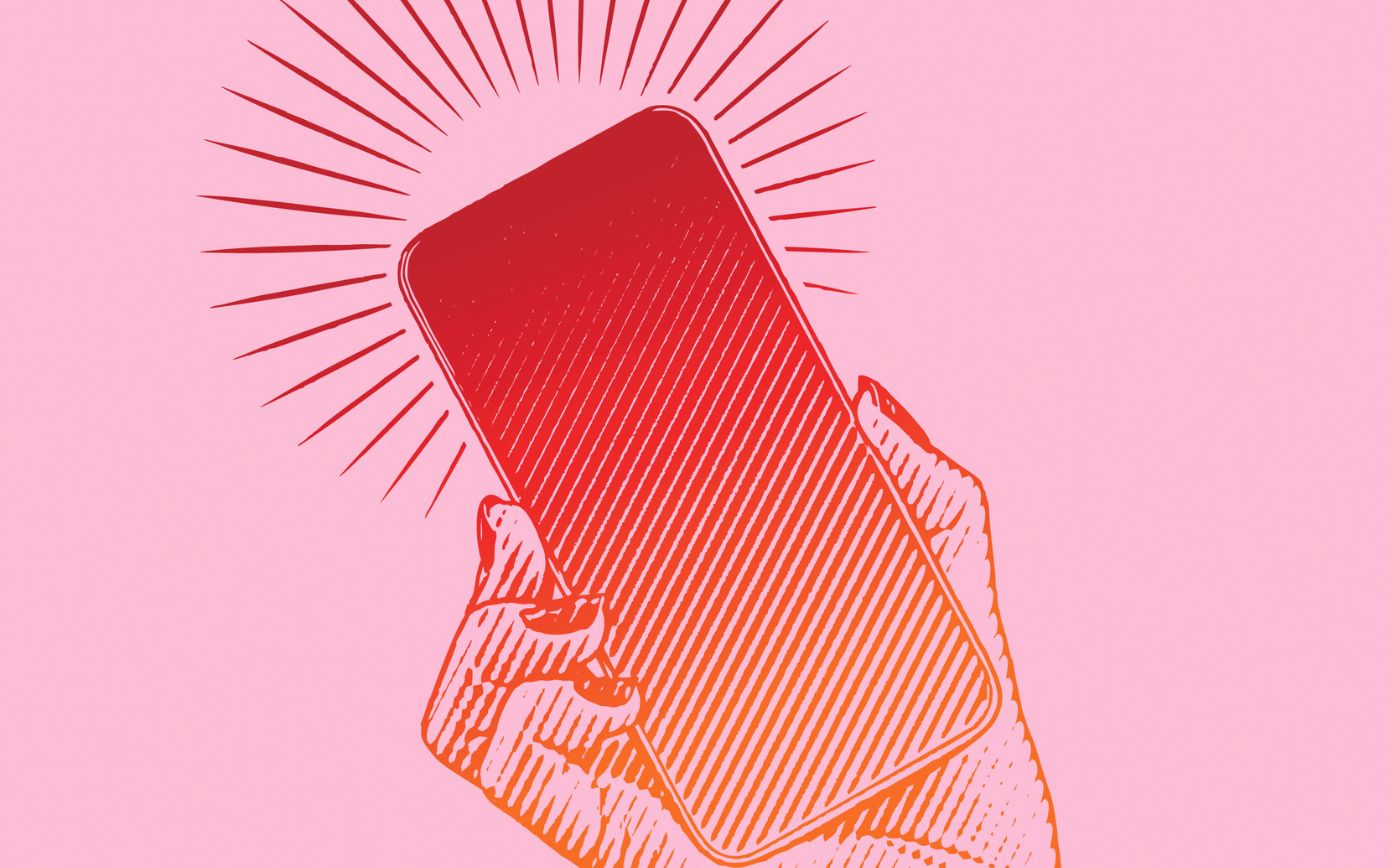Author Catherine Prasifka explores her relationship with social media …
I’ve used social media for my entire adult life, and most of my teenage years. I’ve had friendships start and end on an app. I’ve posted an angry tweet (or two) when my emotions were running high. I’ve helped my mother set up an Instagram account (she still doesn’t know how to use it). I’m fascinated by social media, and I guess you could call me an expert in it.
Crucially, that doesn’t mean I understand the effect it’s had on my life. When I was a teenager, I was plugged in and uncritically engaged. Everything the internet had to offer washed over me: viral videos, internet shopping, urban legends. Every scrap of content was new, and exciting, and thrilling.
I didn’t understand the effect the internet had on me then, and I’m still struggling to understand the effect it’s having on me now. There are certain questions I have which seem to have obvious answers, but just because the answers are obvious, doesn’t mean they are simple to digest.
Is what I see on social media real? The question, at first, seems silly – of course it’s real. Then, doubts begin to seep in. Well, maybe the influencer I follow isn’t real. Maybe her life is unobtainable, framed perfectly, and photoshopped. But my friends, the ones I’ve known forever, what they post is real.
Yet, I know when I take a picture I’ll deliberately frame it so you can’t see the mess in my kitchen. I’ll filter it to be a more appealing colour. Until it doesn’t look like my kitchen at all. Knowing this doesn’t stop me from scrolling through Instagram, thinking all of these people must live lives exactly as they present them.
I’ve begun to wonder if it’s possible for anything I post online to be authentic. The moment I decide to take a photo, I enter into a process of filtration. I decide the angle, I decide the final product, I decide the caption. I decide that this image reflects the way I want to be perceived. If it’s something no one else is meant to see, I won’t post it.
Maybe I know it’s not real, but there are aspects of social media I like. I’ll laugh at a TikTok about a dog and then share it into a WhatsApp group. I’ll create social connections and strengthen the bonds I have with people and get genuine enjoyment from it.
However, I always feel a sense of confusion when I’m finished with an app and close it. For a moment, I feel sated. Then, my fingers move of their own accord to reopen the exact thing I’d just decided I didn’t want to look at anymore.
How do these apps ensure you are emotionally invested? They thrive off identifying insecurities and exploiting them.
What is it about social media that has its hooks in me? There’s the validation I get from sharing a photo and getting likes, there’s the curiosity of scrolling through the profiles of people I don’t know (or worse, people I do). Deep down, I know I should spend my time doing something more worthwhile. So why don’t I? I can’t help but feel that it isn’t entirely my fault.
We don’t pay for social media apps. They primarily make money through advertising. The currency they trade in is attention – my attention. The moment I close Instagram, it starts losing potential revenue. Ingrained into the culture of all apps is addiction. They want me to enter some fugue state as I scroll, to be unable to truly let them go. And there will never be an incentive for them to change.
What is attention, if not emotional investment? And how do these apps ensure you are emotionally invested? They thrive off identifying insecurities and exploiting them. No one is a greater victim of this than young women. They’re at once the pariahs of social media and the cogs that keep it turning. Regardless of the post – too prudish, too sexy, too intelligent, not thought-out enough – you can be sure that it will generate engagement. Nothing gets the wheels of social media turning like a young woman saying the wrong thing.
This is engagement money can’t buy. The backlash to the backlash, to the backlash. We’ve all seen it play out, like clockwork. A company will take a stance on some topical issue, there will be a wave of people criticising them, followed by a wave of people denouncing those people, followed by more and more waves. Until we are drowning in it. Until we have nothing left to feel but rage, and superiority. Until we go out, buy the product, and post about it. Until the hashtag starts to trend.
What I’ve realised is the things we pay attention to are important, and so is how deeply we pay attention to them. There is a kind of passivity, a state of constant entertainment, in the endless scroll of social media. That dog TikTok? I can’t remember a single thing about it. Social media does not allow us to properly engage or analyse anything. It exists merely to spur us on to the next post.
There is no escaping social media. Large swathes of our lives exist on it. Even if you were to take your phone and chuck it into a lake, you wouldn’t be free. You’d still hear someone quote the latest meme, you’d still see the statement some politician posted on Twitter.
We need to decide how much power we are willing to give social media. And we need to start asking the right questions.

None Of This Is Serious by Catherine Prasifka, published by Canongate, is out now.
LOVETHEGLOSS.IE?
Sign up to our MAILING LIST now for a roundup of the latest fashion, beauty, interiors and entertaining news from THE GLOSS MAGAZINE’s daily dispatches.






